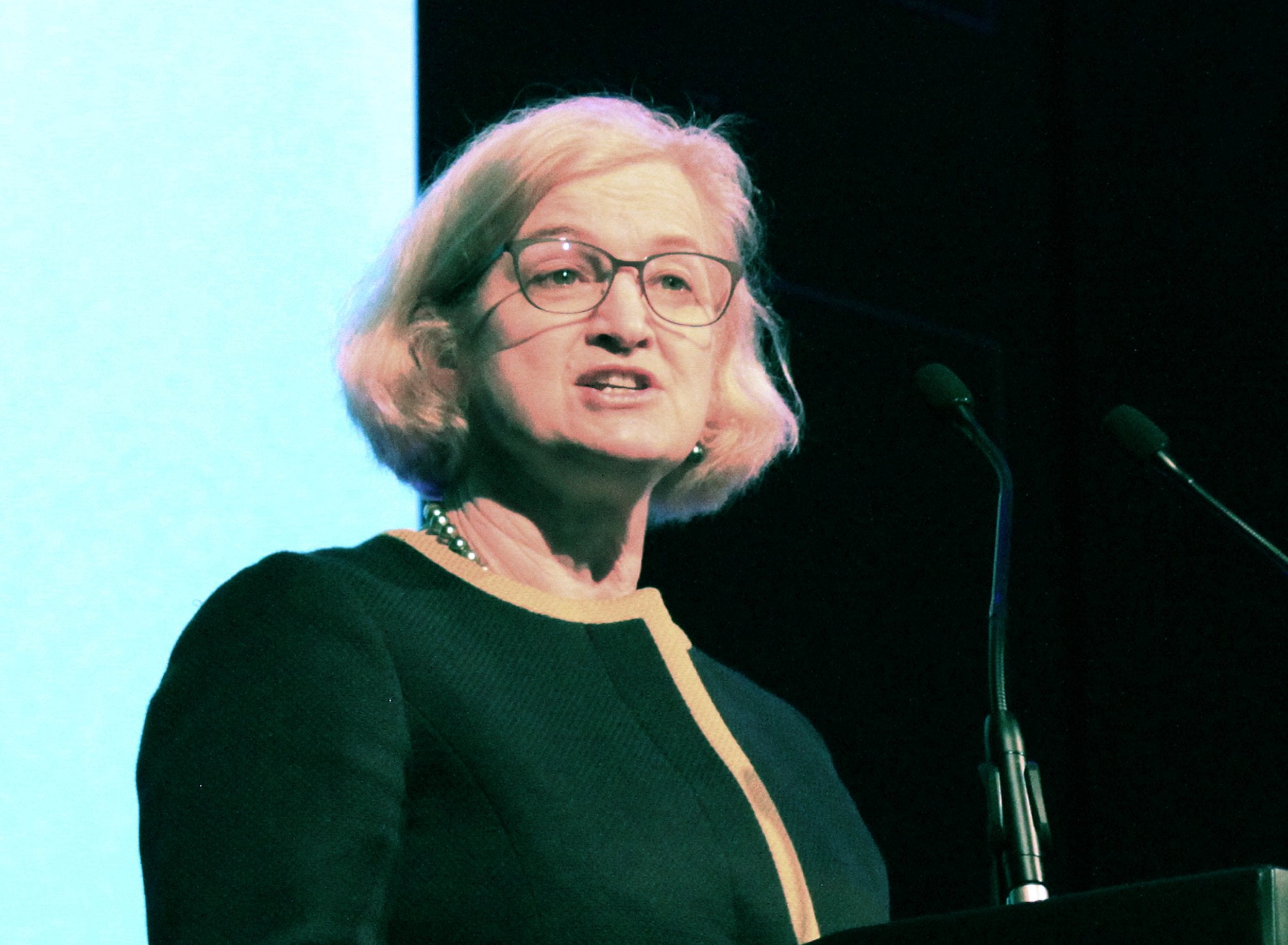‘Nothing short of a scandal’: Ofsted chief condemns hundreds of schools for underperforming for more than a decade
‘It is a betrayal of children’s futures’

Your support helps us to tell the story
From reproductive rights to climate change to Big Tech, The Independent is on the ground when the story is developing. Whether it's investigating the financials of Elon Musk's pro-Trump PAC or producing our latest documentary, 'The A Word', which shines a light on the American women fighting for reproductive rights, we know how important it is to parse out the facts from the messaging.
At such a critical moment in US history, we need reporters on the ground. Your donation allows us to keep sending journalists to speak to both sides of the story.
The Independent is trusted by Americans across the entire political spectrum. And unlike many other quality news outlets, we choose not to lock Americans out of our reporting and analysis with paywalls. We believe quality journalism should be available to everyone, paid for by those who can afford it.
Your support makes all the difference.The existence of nearly 500 “stuck” schools – which have been underperforming for more than a decade – is “nothing short of a scandal”, the chief inspector of Ofsted has said.
A number of interventions in some of these struggling schools – which have a higher proportion of poor white British pupils – have not improved the quality, Amanda Spielman, the chief inspector of the schools’ watchdog, said.
She warned these poorly performing schools mean some children “may have no opportunity to attend a good school at any point in their education”.
“This is nothing short of a scandal and is a betrayal of children’s futures,” she added.
Ms Spielman made the remarks in a letter to the Public Accounts Committee, where she revealed that Ofsted will carry out research into why interventions have been ineffective in some schools.
An analysis from Ofsted found 490 “stuck” schools – those that have been judged below the level of “good” in every inspection since 2005.
The proportion of pupils eligible for free school meals and the number of poor white British pupils in these schools is also well above the national average.
In the letter, where she outlined the major risks to the quality of education, Ms Spielman reiterated her concerns about the increasing number of children being removed from mainstream schools – which is widely known as “off-rolling”.
She called on the government to introduce a compulsory register for children who are in home education, warning that some parents use home education as a “guise” for illegal schools.
And in some unregistered schools, inspectors have found extremist literature “calling for the death of gay people” – as well as texts advocating men beating their wives, she added.
Ms Spielman also acknowledged that cuts to further education funding have affected the quality of the provision and she called on the government to increase spending on the post-16 sector.
However on schools funding, she wrote that while “funding is a major topic of concern in the sector ... inspectors are not seeing an impact on education standards”.
The letter follows a damning report from MPs last month that said it was “unacceptable” that hundreds of outstanding schools have not been visited by Ofsted inspectors for six or more years.
Ms Spielman recognised on Wednesday that top rated schools are the “blind spot” in the system and she renewed calls for outstanding schools to no longer be exempt from routine inspections.
On the analysis of "stuck" schools, Russell Hobby, chief executive of education charity Teach First, said: “It is deeply concerning that so many schools are not getting the support they need to improve.
“There is no headteacher who doesn’t want their school to be good or better. The trouble is that schools serving disadvantaged communities are too often at the back of the queue for resources, recruits and support."
He added: “To support these schools in challenging circumstances we need more talented people to come forward to take on the challenge of teaching in the communities where they can make the biggest difference.”
Join our commenting forum
Join thought-provoking conversations, follow other Independent readers and see their replies
Comments